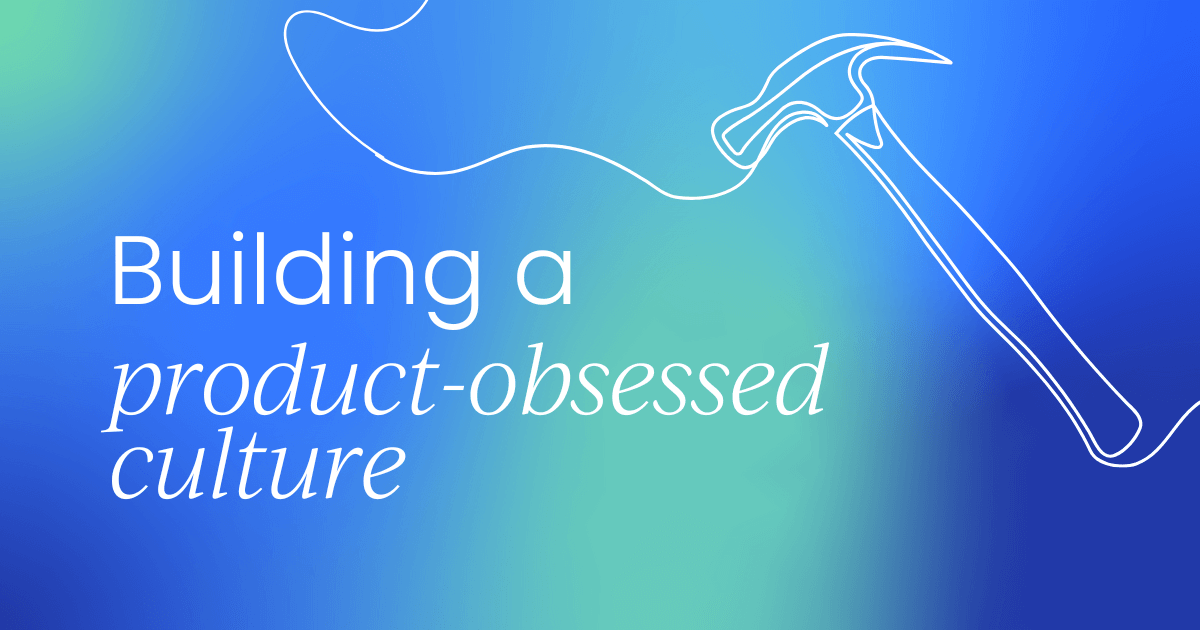This article is based on Evan’s appearance at the Product-Led Summit in Las Vegas, 2024.
Storytelling is the foundation of building a product-obsessed culture.
I'm Evan Henderson, Director of Population Health Products at Epic. As a product leader, I’ve learned the power of compelling narratives in transforming products, teams, and entire organizations.
In this article, I’ll explore the essential elements of crafting a product story, the role of storytelling in shaping organizational culture, and how to empower others to carry your story forward—building alignment and driving success at every level.
My professional journey
My career has taken me through a variety of industries and challenges, each shaping my perspective in unique ways.
Looking back, there have been milestones worth celebrating. For instance, while at Epic, I successfully navigated contract closures overseas in Denmark and helped scale population health products like Compass Rose and Healthy Planet from a single customer to 90 in just two and a half years.
At Find Help, I launched three new products that advanced care coordination and data sharing across the U.S., all while growing revenue and earning industry recognition. And in Optimal Studio's first year, we surpassed $1 million in revenue.
But do these achievements truly matter? Titles and accolades are great, but the question I keep returning to is: what did I learn, and how did it shape me?
The human story behind the career
If I tell my story through a personal lens, it looks quite different.
My education and early career reflect a search for meaning. I studied math, which taught me precision but didn’t help me understand people. Theology introduced me to faith but left me searching for practical grounding. Social work emphasized the importance of human connection but didn’t offer financial security.
Epic showed me that progress without purpose feels hollow, and pursuing an MBA equipped me with management tools but not necessarily the authority to use them effectively.
Each step taught me something, yet it often felt incomplete. Only now, as I combine these lessons in my work, do I see the bigger picture.
The power of storytelling
Why does all of this matter? Because how we tell our stories—how we frame the events of our lives—deeply influences how we see ourselves and connect with others.
Storytelling isn’t just recounting facts; it’s about framing those facts in ways that inspire and resonate. It’s about embracing vulnerability and taking risks.
I’ve shared a lot about my own journey, not because it’s extraordinary, but because it’s real. It’s shaped who I am and how I show up in the world. So, I want to leave you with a question:
What’s holding you back from telling your story? How do your experiences, your risks, and your decisions frame the person you are today? And what might happen if you took the risk to share more of that with others?
Storytelling, after all, isn’t just about looking back. It’s about shaping the path forward.



 Follow us on LinkedIn
Follow us on LinkedIn



